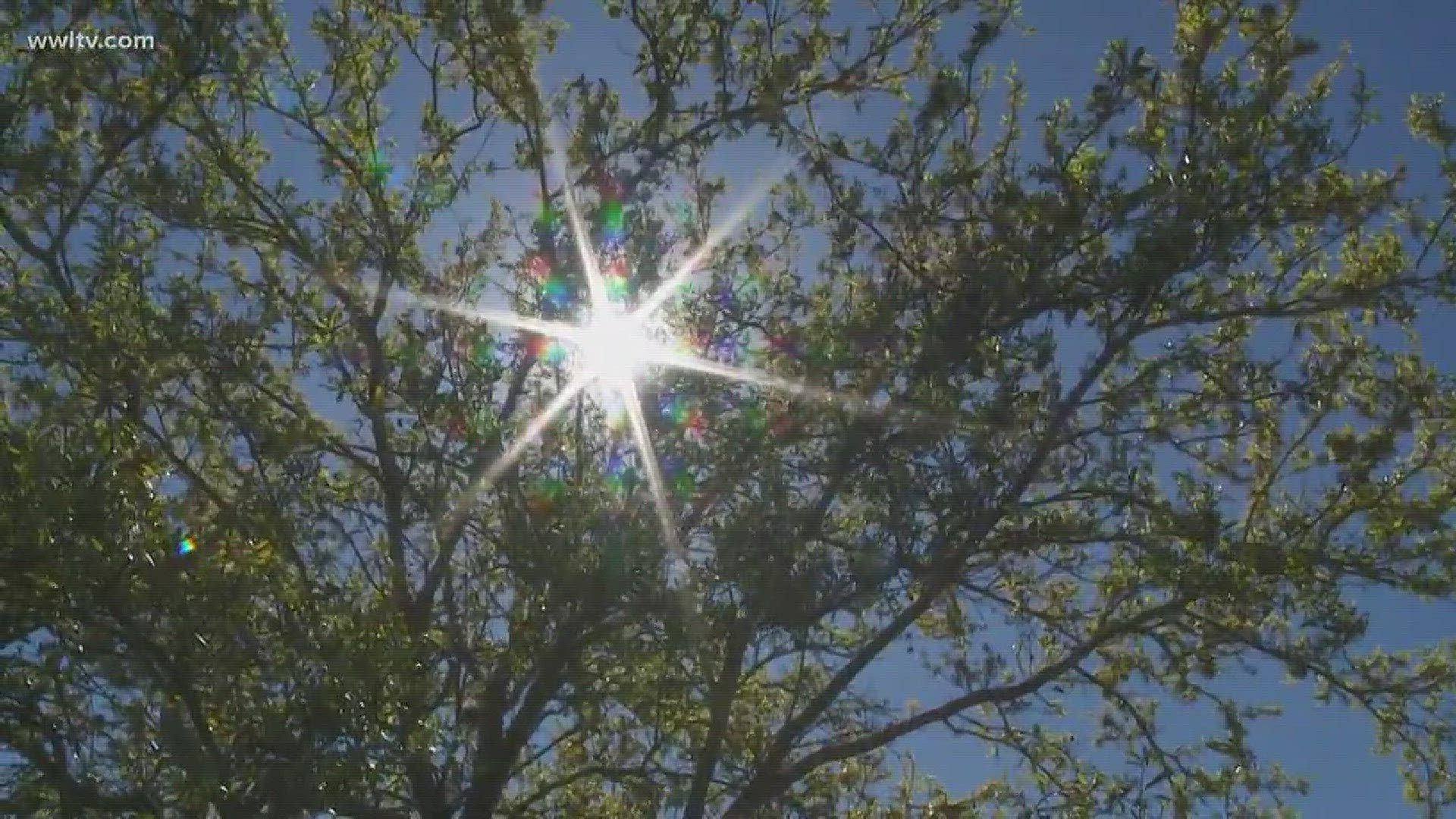There are those who like daylight saving time, pushing the light to later in the day and there are those who don't, saying it's too dark in the morning when they wake up.
Either way, this weekend can cause some health problems but there are some ways to deal with the change.
Call it losing an hour, spring forward, or day light saving time, this weekend you push the clock from 2 a.m. to 3 a.m. on Sunday morning. Whatever you call it, it can be disruptive.
"When we spring forward, I'm like, I, it messes my whole day up, whole week, takes me a week. Takes me a week" said Meg Young.
"No daylight saving time. You can give us an extra hour, just don't take one away. That'd be great," said Cassie Barker.
"Lose an hour, less study time. I have a final on Monday, so it throws me off a little bit," said Cat Young.
Studies show there are already more heart attacks on Mondays, but there is a greater increase, 10 to 14 percent more, on the Monday after we lose an hour.
"And the thought is that it's because lack of sleep and changing over your circadian rhythms," explained Dr. Frank Smart, the Chief of Cardiology at LSU Health Sciences Center.
Circadian rhythms influence sleep-wake cycles, hormone release, eating habits and digestion, body temperature, and other important bodily functions. Plants, animals, and even fungi have this physiological processes.
"Melatonin is affected by the amount of sleep. The immune system is affected by the amount of melatonin, and your immune system is also linked in to your heart attack risk," said Dr. Smart.
So try these tricks: Sleep with a mask to block all light so the sleep hormone melatonin can go up, then turn on bright lights when you wake so it can decrease. Also try this sleep change:
"One of the things people have suggested, and whether it actually works or not isn't necessarily tested, but it's probably a good idea, is that on the Saturday and Sunday of that changeover weekend, is to try to wake up 30 minutes earlier, so that your body is accommodating the appropriate amount of light that you'd be normally getting in," said Dr. Smart.
When you have no schedule, it's not so bad.
"Well, it really doesn't make a difference with me. I just go with the flow, whatever, you know. I'm retired, so it really doesn't make a difference," said Wenolyn Birdsong.
The cardiologist says it's best to keep a balance all the time of exercise, nutrition and a good sleep-wake cycle.

